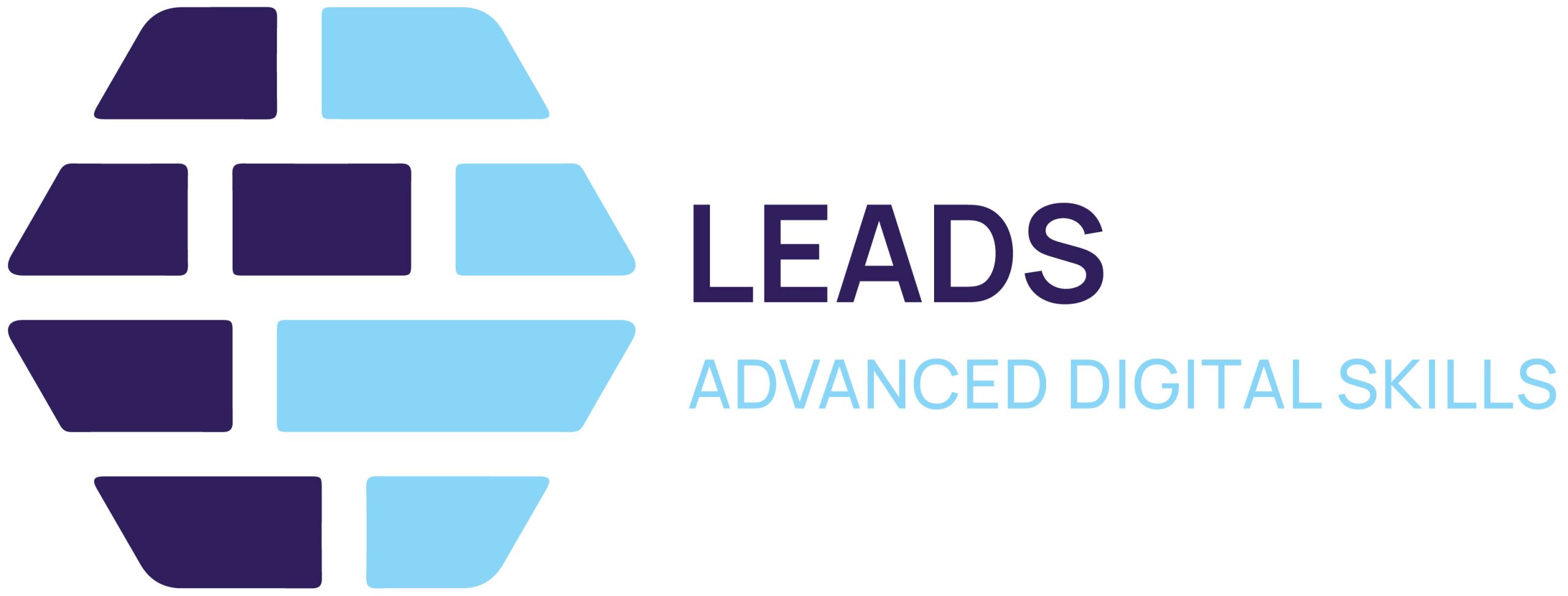
LEADS CSA participated in a workshop* on the relevance of ADS in Data and AI during Lulea’s Data Week to share the project’s results and to engage with specialized community to discuss on how to deliver the skills needed for the current and future Business Intelligence, Data Analytics and AI technologies demands in the EU. The event took place during the spring gathering of the European Big Data and Data Driven AI research and innovation communities, organized by the Big Data Value Association and the EUHubs4Data project in collaboration with the Research Institutes of Sweden (RISE).
“What is the current demand of ADS relevant for the upcoming Data Spaces?” “Which are the skills that will be most needed in the future and which the less?”, “Are we prepared for the transition?” “Do we have the right human resources and if not, how do we plan to get them?”. These were some of the questions that triggered the conversation between researchers, industry experts, policymakers, and practitioners during LEADS workshop that addressed these key questions that were crucial to the Data Week’s main theme: Data Meets Infrastructure at the Edge.
LEADS presented the key results of their first version of the Future Demands of Advanced Digital Skills and was later followed by a ADS Skills Success story delivered by Porini SRL, a ICT skilling SME that showcased their approach of how to deliver specific ADS much needed buy the market in a short, concise and competitive way. The case study was followed by a guided discussion on who is responsible ultimately for delivering those skills, who should bring in the investment and, particularly, how can Industry and Universities best complement their efforts and not be captive of stagnated approaches. This last section was led by UPM representative in EIT-Digital.
By the end of the day what is going to be mostly demanded in the future was outlined while the question regarding how that knowledge should be produced some valuable insights:
- The solution to the problem of lacking advanced digitally skilled people is not just skilling, it is re-skilling and up-skilling, and the challenge relies in quantifying the need for each.
- Re-skilling seems to have the stronger weight given market demands, much more than we might think due to the unstoppable stream of the Digital Transformation which affects all economic sectors worldwide
- Universities are slow at changing their curricula and when they do, the approach remains very traditional and not adapted to the dynamism of the labour market needs. Yet they possess expertise and installed capacity that if unexploited will only increase the ADS gap.
- Industry is the largest affected by the skills shortage, and therefore the load and cost of skilling should be shared between Industry and Academia who is currently expected to fulfil a gap that includes professional training that Academia was not originally designed to fulfil.
- Customised initiatives that succeed aim to replicate working environment conditions combining licencing and open-source resources, though effective the scalability of such initiatives present funding constraints.
- Finding innovative ways in which curricula/content is dynamic and yet quality assured will require complementary and coordinated action between Academia, SMEs and Industry; there relies on the hope of not lagging even further. Producing the guidelines for such actions needs to occur at a European level.
How should we act based on these takeaways, is it feasible? Is it realistic? This is the work LEADS will face in the upcoming months so stay tuned for future workshops and opportunities to bring insights to the conversation.
*Special thanks to Ernestina Menasalvas (Universidad Polytecnica de Madrid) and Brendan Rowan (BluSpecs) for organizing the workshop on behalf of BDVA’s-DAIRO Skills Task Force. Martín Robles (BluSpecs) for presenting on behalf of LEADS; Luca Malinervo and Matteo Beshara for showcasing PORINI SRL case study and Javier Segovia (Universidad Politecnica de Madrid– EIT-Digital) for guiding the discussion on strategic engagement between academia and industry.
About the workshop
LEADS is a project focused on identifying the future demands for Advanced Digital Skills (ADS) in Europe and providing recommendations to support the Digital Decade targets of over 20 million ICT specialists. The project aims to equip organisations and education providers with the necessary advanced digital skills to navigate the rapidly changing technology landscape.
The workshop aimed to achieve specific objectives, including sharing data collected by the LEADS consortium, understanding the challenges of filling the ADS talent pipeline in organisations, and discussing potential solutions to address those challenges. Participants represented diverse perspectives, including business, industry representative bodies, research institutes, and academics working closely with industry.
The workshop provided a valuable opportunity for key leaders to shape the future of ADS in a rapidly evolving landscape that is crucial for all organisations. The event showcased the diversity and range of participants present, reflecting the significance of addressing advanced digital skills challenges in the current digital era.
Click here to download the full report and results of the workshop.
